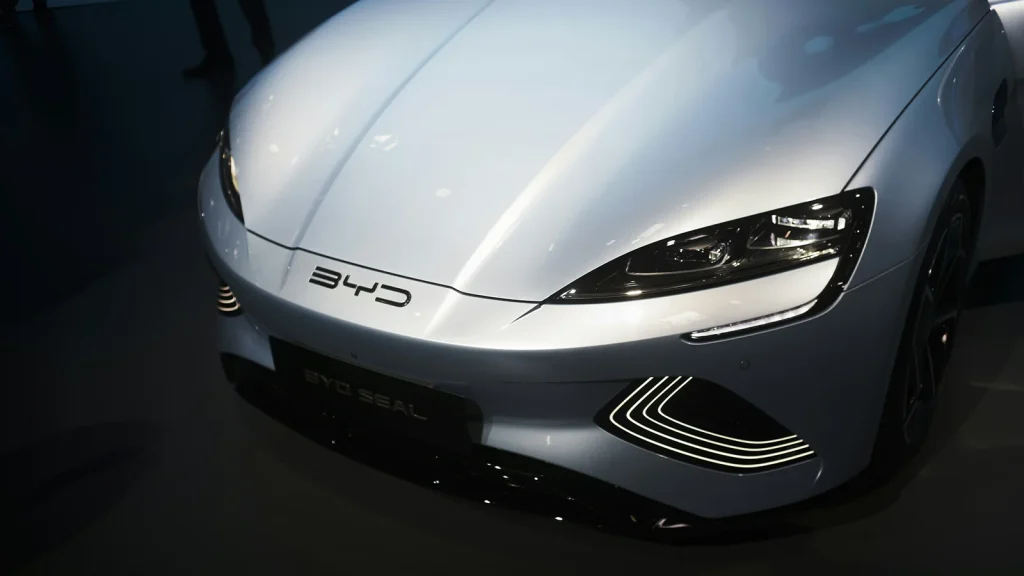Vertical integration lets BYD move faster and cheaper than rivals
Building factories abroad turns it from exporter into “local” carmaker
Multi-brand strategy allows the company to target both value buyers and premium consumers
BYD, once a battery supplier in Shenzhen, now stands at the centre of the global electric vehicle race. In 2024, it overtook Tesla in worldwide EV sales, a symbolic changing of the guard that underscored its transformation from domestic champion to global contender.
What makes the company’s ascent noteworthy is less about scale and more about the quiet deliberateness of its approach. Where Tesla thrives on charisma and headlines, BYD is building a sprawling but tightly controlled ecosystem — batteries, chips, logistics, and shipping — all under one roof.
The power of vertical integration
BYD’s advantage lies in its refusal to outsource. It designs its own semiconductors, produces its own batteries, and even runs a shipping fleet to carry cars abroad. The company’s Blade Battery, a lithium iron phosphate design, is marketed as safer and longer lasting than conventional cells. By sidestepping third-party suppliers, BYD insulates itself from the bottlenecks that continue to trip up competitors.
Factories as diplomacy
But BYD knows control is only part of the story. To win in Europe, Latin America or Southeast Asia, it cannot simply export Chinese-made cars. Hence its push into local manufacturing: Thailand, Brazil, Hungary, Turkey and Pakistan already feature on its expanding map. Local production reduces tariffs and transport costs, but it also builds goodwill with host governments keen to showcase EV investment.
RELATED ARTICLE: BYD in Talks to Sell Carbon Credits to European Automakers to Avoid EU Emissions Fines
Segmenting the audience
In parallel, BYD is fragmenting its identity. Budget-friendly models such as the Dolphin and Atto 3 cater to emerging market buyers, while the Denza and Yangwang lines target Europe’s affluent and performance-driven customers. This portfolio approach, familiar in the consumer goods world, is still rare in EVs. It gives BYD flexibility to court both the price-sensitive and the status-conscious.
The bigger picture
For the industry, the message is clear: the next global carmaker may not be German, American or Japanese, but Chinese. BYD’s strategy combines manufacturing heft with the nimbleness of a start-up, allowing it to meet demand from Bangkok to Berlin without being hostage to fragile supply chains.
For investors, the question is not whether BYD can sell cars — it already does — but whether it can build brand credibility at the premium end of the market. If it succeeds, the world’s first truly global EV company may already be here, and it didn’t arrive with fanfare.
Follow ESG News on LinkedIn

